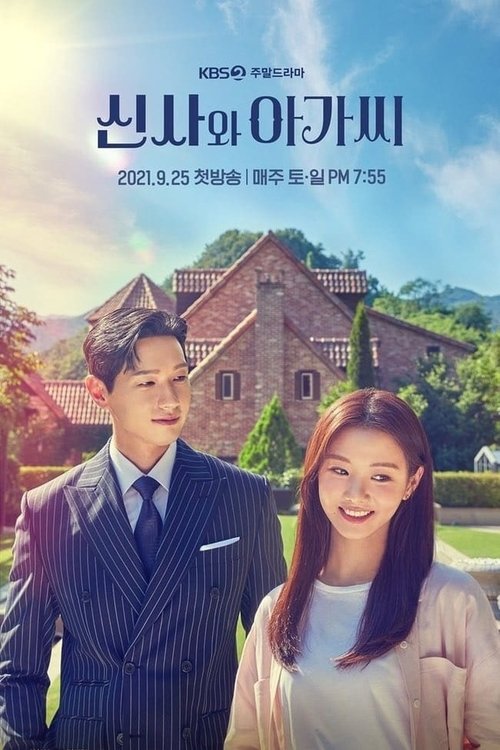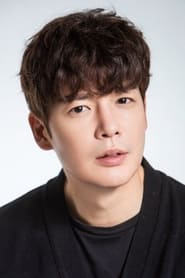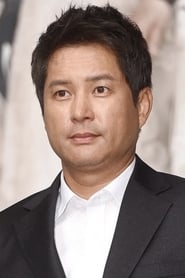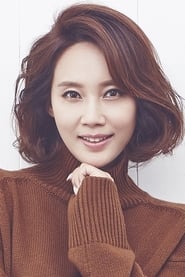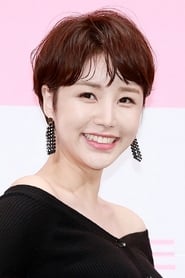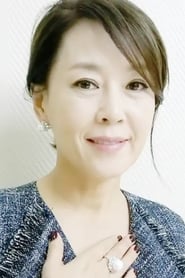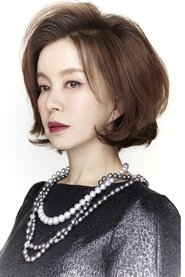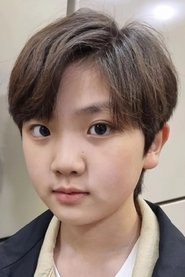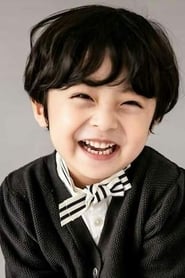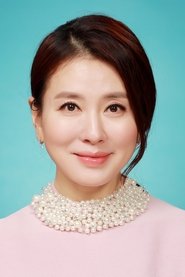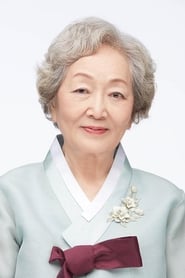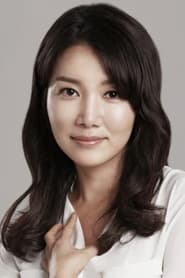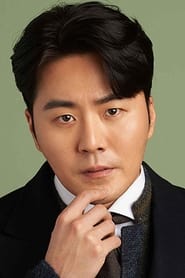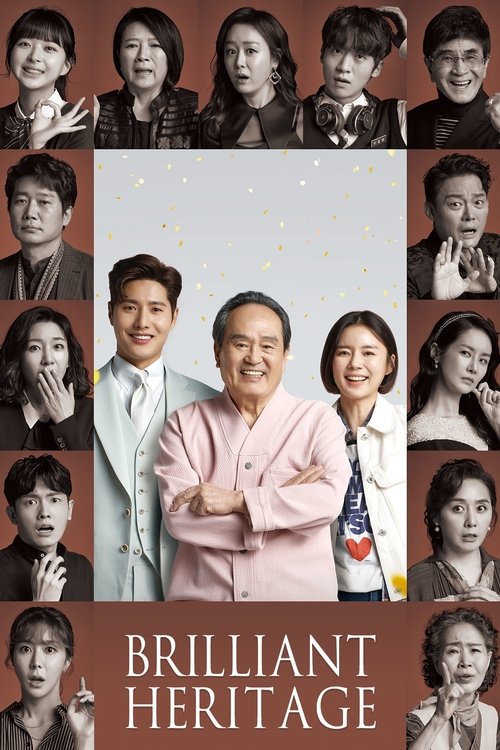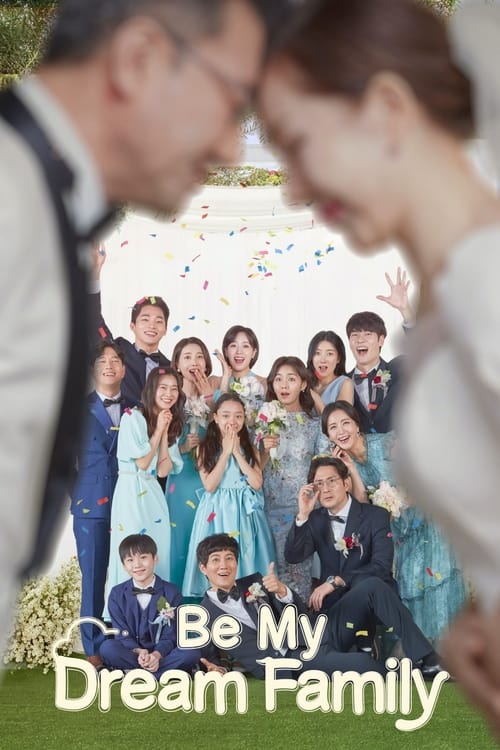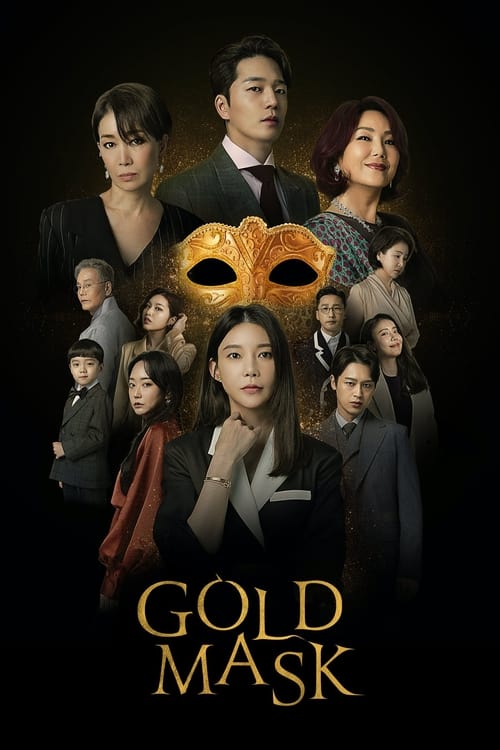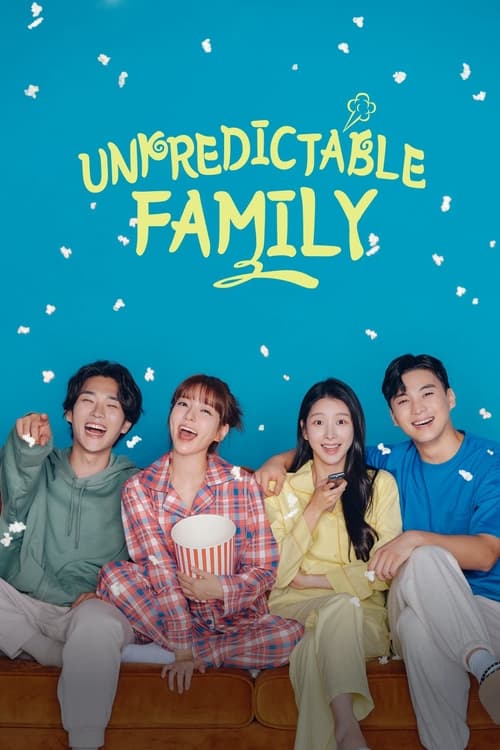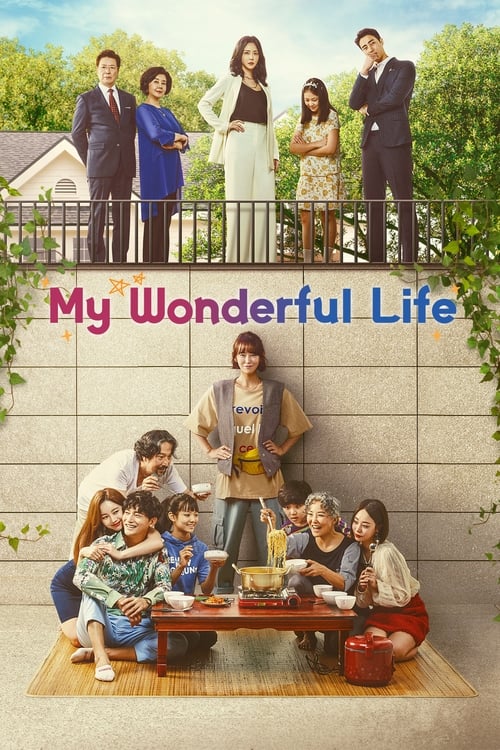
Ask Your Own Question
What is the plot?
In the first episode of "Young Lady and Gentleman," we are introduced to the main character, Lee Young-guk, a single father who is struggling to balance his work and parenting responsibilities. He is a dedicated and loving father to his three children, but he is overwhelmed by the challenges of raising them alone after the death of his wife. The episode opens with Young-guk managing a chaotic morning routine, trying to get his children ready for school while also preparing for his own workday.
As the story unfolds, we see Young-guk's children, each with their own distinct personalities and challenges. The eldest, Lee Seung-jae, is rebellious and often clashes with his father. The middle child, Lee Seung-hee, is more studious and responsible, while the youngest, Lee Seung-woo, is innocent and playful. Young-guk's struggle to connect with his children is evident, and he often feels the weight of his responsibilities.
The narrative shifts to the introduction of the female lead, Park Dan-hee, a young woman who is looking for a job as a tutor. She is optimistic and determined, despite facing her own hardships. Dan-hee's character is established as someone who is passionate about education and has a strong desire to help children succeed. She is introduced in a scene where she is interviewing for a tutoring position, showcasing her enthusiasm and dedication.
Young-guk and Dan-hee's paths cross when he decides to hire a tutor for his children to help them with their studies. Initially, Young-guk is skeptical about bringing someone new into their home, but he is convinced by his children, who are eager to have a tutor. Dan-hee arrives at their home for the first time, and there is an immediate contrast between her youthful energy and Young-guk's serious demeanor. The children are excited to meet her, and Dan-hee quickly establishes a rapport with them.
As the tutoring sessions begin, we see Dan-hee's teaching methods and her ability to connect with the children. She brings a fresh perspective to their studies, and her enthusiasm begins to break down the barriers between her and Young-guk. However, Young-guk remains guarded, struggling with his feelings of vulnerability as a single parent. He is torn between wanting to protect his children and allowing them to form a bond with Dan-hee.
Throughout the episodes, the dynamics between Young-guk, Dan-hee, and the children evolve. Young-guk starts to appreciate Dan-hee's influence on his children, as they begin to show improvement in their studies and become more engaged. However, he also grapples with his growing feelings for her, which complicates his emotional state. He is hesitant to pursue a romantic relationship, fearing it may disrupt the stability he has worked hard to maintain for his family.
As the season progresses, various challenges arise that test the relationships between the characters. Young-guk faces pressure at work, which adds to his stress and affects his interactions with Dan-hee. Meanwhile, Dan-hee deals with her own personal struggles, including financial difficulties and the pressure to succeed in her career. These external pressures create tension and misunderstandings between her and Young-guk.
Key moments in the plot include a school event where Young-guk and Dan-hee are forced to work together, leading to a deeper understanding of each other's lives. They share personal stories, revealing their vulnerabilities and building a stronger connection. This event serves as a turning point in their relationship, as they begin to see each other not just as tutor and parent, but as individuals with their own dreams and challenges.
As the season nears its conclusion, a significant conflict arises when Young-guk's ex-mother-in-law becomes involved, creating tension in the household. She disapproves of Dan-hee and tries to undermine her role in the children's lives. This external conflict forces Young-guk to confront his feelings for Dan-hee and make a decision about their future together.
In the final episodes, Young-guk ultimately chooses to support Dan-hee, standing up to his ex-mother-in-law and affirming his commitment to both his children and Dan-hee. This decision marks a pivotal moment in his character development, as he learns to embrace love and support in his life. The season ends on a hopeful note, with Young-guk and Dan-hee taking steps toward a romantic relationship, while the children continue to thrive under Dan-hee's guidance. The emotional journey of each character culminates in a sense of unity and the promise of new beginnings.
What is the ending?
In the ending of "Young Lady and Gentleman," the story culminates in a series of emotional confrontations and resolutions. The main characters, Lee Young-guk and his children, along with the new housekeeper, Lee Se-hee, navigate their feelings and relationships, leading to a heartfelt conclusion where love and family bonds are reaffirmed.
As the final episodes unfold, Lee Young-guk, a widowed father, grapples with his growing feelings for Lee Se-hee, who has become an integral part of his family's life. The children, initially resistant to Se-hee, begin to accept her as a mother figure. The climax occurs during a family gathering where misunderstandings are cleared, and the characters express their emotions openly. Young-guk finally confesses his love for Se-hee, and she reciprocates, leading to a tender moment that solidifies their bond. The series ends on a hopeful note, with the family united and looking forward to a new beginning together.
In a more detailed narrative:
The final episodes of "Young Lady and Gentleman" begin with a palpable tension in the air as Lee Young-guk, a devoted father, faces the reality of his feelings for Lee Se-hee, the housekeeper who has brought warmth back into his home after the loss of his wife. The children, who have been skeptical of Se-hee's role in their lives, are caught in a whirlwind of emotions as they witness their father's growing affection for her.
Scene by scene, the story unfolds with Young-guk struggling to balance his responsibilities as a father and his burgeoning romance. In one poignant moment, he watches Se-hee interact with his children, her kindness and patience shining through. This scene is filled with warmth, as the children begin to see Se-hee not just as a caretaker but as someone who genuinely cares for them.
As the climax approaches, a family gathering is organized, where the atmosphere is charged with unspoken words and unresolved feelings. The children, still grappling with their mother's absence, express their fears about losing their father to Se-hee. This moment is heavy with emotion, showcasing the children's vulnerability and their desire to protect their family unit.
In a pivotal scene, Young-guk gathers the courage to address the family. He speaks from the heart, sharing his journey of grief and how Se-hee has helped him heal. The room is silent, filled with anticipation as he turns to Se-hee, confessing his love for her. The emotional weight of his words hangs in the air, and Se-hee, with tears in her eyes, admits that she has also fallen in love with him.
The children, witnessing this heartfelt exchange, begin to understand that love can coexist with their memories of their mother. They slowly come to accept Se-hee, realizing that she is not a replacement but a new chapter in their lives. The scene is filled with a sense of relief and acceptance, as the family embraces Se-hee, symbolizing their unity.
The series concludes with a montage of the family enjoying their time together, laughter echoing through the house. Young-guk and Se-hee share tender glances, their relationship solidified by the trials they have faced. The children, now more open and accepting, playfully interact with Se-hee, showcasing their newfound bond.
In the end, Lee Young-guk finds love again, and Lee Se-hee steps into a role that feels right for her, not just as a housekeeper but as a beloved member of the family. The children, having navigated their grief, embrace this new family dynamic, looking forward to a future filled with love and togetherness. The series closes on a hopeful note, emphasizing the themes of healing, acceptance, and the enduring power of family.
Is there a post-credit scene?
In "Young Lady and Gentleman," there is no post-credit scene at the end of the episodes in Season 1. The show focuses on the evolving relationship between the main characters, particularly the young lady, Lee Se-hee, and the gentleman, Lee Young-joon, as they navigate their personal struggles and the complexities of their lives. The narrative concludes each episode without additional scenes after the credits, maintaining a focus on the character development and emotional arcs throughout the series.
What is the relationship between Lee Young-guk and the children he is raising?
Lee Young-guk, a widowed father, is deeply committed to raising his three children after the death of his wife. His relationship with them is characterized by a blend of love, responsibility, and the struggle to balance his work and family life. He often finds himself torn between being a strict parent and wanting to be a friend to his children, which leads to emotional moments as he navigates their needs and his own grief.
How does the character of Park Dan-hee influence the dynamics in the household?
Park Dan-hee, a young woman hired as a tutor for Lee Young-guk's children, brings a fresh perspective and energy into the household. Her youthful spirit and dedication to teaching create a bond with the children, who initially resist her. As she becomes more involved, her interactions with Young-guk also evolve, leading to moments of tension and budding romance, which complicate the family dynamics.
What challenges does Lee Young-guk face as a single father?
Lee Young-guk faces numerous challenges as a single father, including managing his career while being emotionally available for his children. He struggles with feelings of inadequacy, particularly when it comes to fulfilling both parental roles. His attempts to connect with his children often lead to humorous yet poignant situations, highlighting his vulnerabilities and the pressure he feels to be both a provider and a nurturing figure.
How do the children react to the arrival of their new tutor, Park Dan-hee?
The children initially react to Park Dan-hee with skepticism and resistance, as they are still mourning the loss of their mother and are wary of new authority figures. Their reactions range from outright defiance to subtle attempts to test her limits. However, as Dan-hee proves her dedication and understanding, their relationship begins to shift, leading to moments of warmth and connection that help them heal.
What role does the theme of grief play in Lee Young-guk's character development?
Grief is a central theme in Lee Young-guk's character development, shaping his actions and interactions throughout the series. He grapples with the loss of his wife, which manifests in his parenting style and his reluctance to open up to others, including Dan-hee. His journey involves confronting his grief, learning to let go, and allowing himself to find happiness again, which is poignantly illustrated through his evolving relationships with his children and Dan-hee.
Is this family friendly?
"Young Lady and Gentleman" is generally considered family-friendly, but it does contain some themes and scenes that may be sensitive for children or more sensitive viewers. Here are a few aspects to consider:
-
Parental Struggles: The show explores themes of single parenthood and the challenges that come with it, including emotional struggles and the impact of loss, which may be heavy for younger viewers.
-
Romantic Relationships: There are romantic subplots that involve adult relationships, including moments of tension and misunderstandings that might be confusing for children.
-
Conflict and Tension: The series includes scenes of conflict between characters, which can lead to emotional distress. These moments may involve arguments or disagreements that could be upsetting.
-
Personal Growth and Challenges: Characters face personal challenges and growth, which may include moments of sadness or frustration as they navigate their relationships and responsibilities.
-
Cultural Expectations: The show touches on societal and familial expectations, which may lead to discussions about gender roles and responsibilities that could be complex for younger audiences.
Overall, while the show is suitable for family viewing, parents may want to watch it first or discuss its themes with their children to provide context and support.

